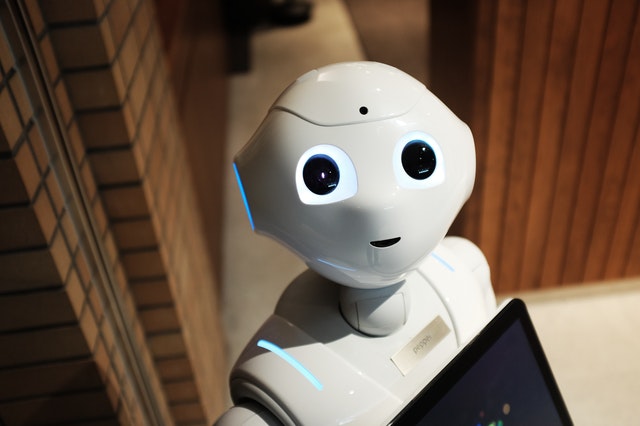AI has taken many strides in the last few years. It’s not just for research anymore; it’s used to make products better and can even be found on your phone.
Voice-activated devices are the future of how we interact with technology. The voice-activated tech is getting smarter all the time. This article explores how AI is changing voice-activated devices and what you should know about them moving forward.
AI is Changing Voice-Activated Devices
Artificial Intelligence (AI) has changed the way people interact with devices. The future of how you use your phones and gadgets will rely on AI. Thus, it’s important to understand what that means for you moving forward.
Today, voice-activated devices are limited to making simple requests that are isolated from the broader context of your life. The future is here. AI has evolved enough where it is used in our daily lives without being overbearing. Voice-activated devices have changed how you interact with technology.
Advances in machine learning and natural language processing have given voice-activated devices a more human touch. Smart speakers, for example, are getting better at understanding the context of what you’re saying so they can follow up with questions to get clarity if necessary.
People With Speech Disabilities
The future of voice-activated devices is bright. The ability for AI to understand your context and follow up with questions can help people who have trouble speaking get their needs met without human intervention.
If you know someone who has a speech disorder, getting them an Alexa device might be worth looking into because it can provide a helpful resource to assist them in their daily life. As AI advances, the ability of your phone or smart speaker to understand context will become more sophisticated. The rise of conversational AI means that people with speech disorders will have a better way to communicate with the world around them.
People With Hearing Difficulties
People with hearing difficulties will also benefit from the rise of voice-activated devices. It’s no secret that AI is used to help people who have trouble understanding what others are saying because it understands context better than humans can.
The rise of voice-activated devices also benefits people with hearing difficulties because they can listen to what others are saying. AI is helping people who have hearing difficulties get the information they need faster and with less frustration than ever before, which should be celebrated.
As speech recognition improves, it’s clear that voice-activated devices will continue to play an integral role in the connected home of tomorrow.
Language Translation
AI is also making giant strides in language translation. Machine learning can take large amounts of data and quickly translate them into another language that you might speak more fluently. Translation leads to a better experience for people traveling abroad or just looking to connect with others on social media platforms like Facebook and Twitter.
The audio, speech, and language processing capabilities of AI have made great strides in the last few years. People who are traveling abroad can use voice-activated devices to get translations faster than ever before. The latter is a significant benefit when you’re in an unfamiliar place with no Wi-Fi or connection to the outside world.
Voice Recognition
AI has made great strides in voice recognition because it can recognize words without being prompted by specific instructions. Voice recognition helps the device learn more about what you’re interested in faster than ever before. It also prevents people from having to speak like robots.
Speech Dictation Technology
Speech dictation is a much more efficient way to input text, and millions of people worldwide are already using it. Speech dictation tech helps save time for those who are constantly typing out long documents or emails on their phones because they don’t have access to a computer with Word installed.
The ability to use voice activation to input text into a device is improving at an impressive rate. Organizations are already starting to use this technology for reporting data because it’s more efficient than typing everything out by hand, which saves employees time and money in the long run.
As speech recognition improves, it will make it easier for people to communicate with their devices. This can be helpful when you need your voice assistant to do something like take a note or set the alarm.
In summary, the evolution will continue to be exciting as more advancements are made in AI.

